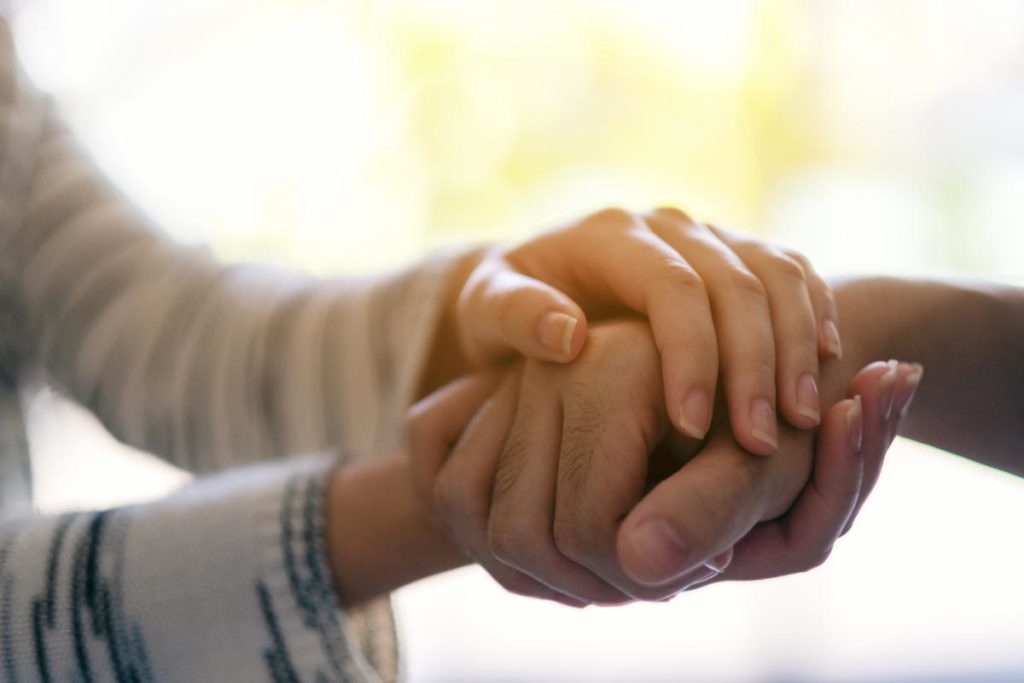Opioid addiction is a serious and dangerous disease. It can be difficult to understand what someone suffering from addiction is going through. However, it is important to be compassionate and remember that addiction is a chronic disease that requires professional treatment. This blog will explain the dangers of opioid addiction, how to help someone with opioid addiction, and the benefits of professional treatment.
At the addiction rehab center at The Arbor, we understand the difficulties faced by those suffering from opioid addiction. We provide comprehensive, evidence-based treatment in a comfortable, supportive environment to help individuals recover from their addictions. Our evidence-based therapies include cognitive-behavioral therapy (CBT), 12-step facilitation, individual counseling, group therapy, and family sessions. Get started on the road to recovery today by calling 844.413.2690 or contacting us online.
The Dangers of Opioid Addiction
Opioid addiction is a serious disease that can have dangerous consequences. Addiction can lead to overdose and death. It is important to be aware of the dangers of opioid addiction and to seek professional help if you or someone you know is struggling with addiction.
Some of the dangers of opioid addiction include:
- Heightened risk of accidental overdose
- Damage to internal organs
- Increased risk of infection due to needle sharing
- Cognitive and psychological damage from long-term substance abuse
- Increased risk of depression, anxiety, and other mental health issues
- Financial burden due to increased costs associated with addiction treatment
Knowing how to help someone with opioid addiction can be vital in helping them find the support they need to get sober. The first step in helping someone with opioid addiction is recognizing the signs early.
Recognizing Opioid Addiction
It can be difficult to recognize when someone you care about is struggling with addiction. However, there are some signs that may indicate that someone has an opioid addiction. These signs include:
- Changes in mood or behavior
- Withdrawal from friends or family
- Neglecting responsibilities at work or school
- Changes in appearance
- Financial problems
If you notice any of these signs in yourself or someone you know, it is important to seek professional help as soon as possible.
How to Help Someone with Opioid Addiction
If you think someone you know may be struggling with opioid addiction, the best thing you can do is to talk to them about it. Be honest and open with your conversation. Express your concerns and let them know that you are there for them. It is also important to encourage them to seek professional help. Professional help for opioid addiction typically includes detoxification, counseling, and medication-assisted treatment.
The Benefits of Professional Addiction Treatment
Professional treatment for opioid addiction can be very effective. Treatment can help people struggling with addiction break the cycle of addictive behaviors and learn how to live a sober life. Professional treatment can also provide people with the tools they need to cope with triggers and cravings. If you or someone you know is struggling with opioid addiction, seeking professional help is the best course of action.
Get Help at The Arbor
If you or someone you love is struggling with opioid addiction, it is important to seek professional help as soon as possible. There are many resources available to people struggling with addiction, including experiential therapy, relapse prevention, and evidence-based counseling. At The Arbor, our staff can help people struggling with addiction break the cycle of addictive behaviors and live a sober life. If you think someone you care about may be struggling with opioid addiction, talk to them about it and encourage them to seek professional help.
Learn more about the opioid addiction treatment program at The Arbor by calling 844.413.2690 or contacting us online today.

